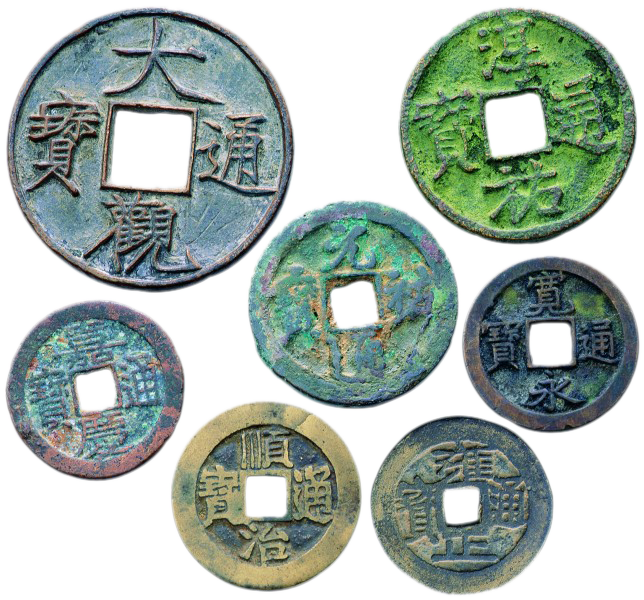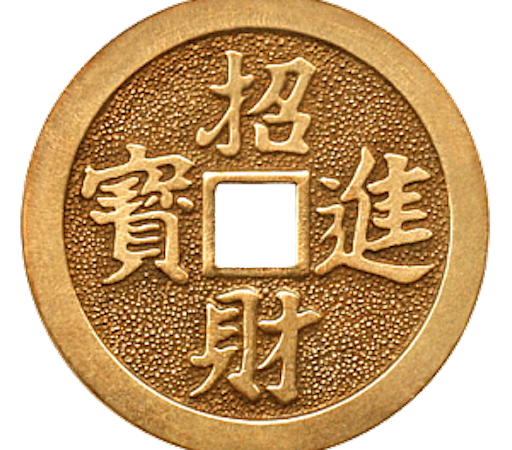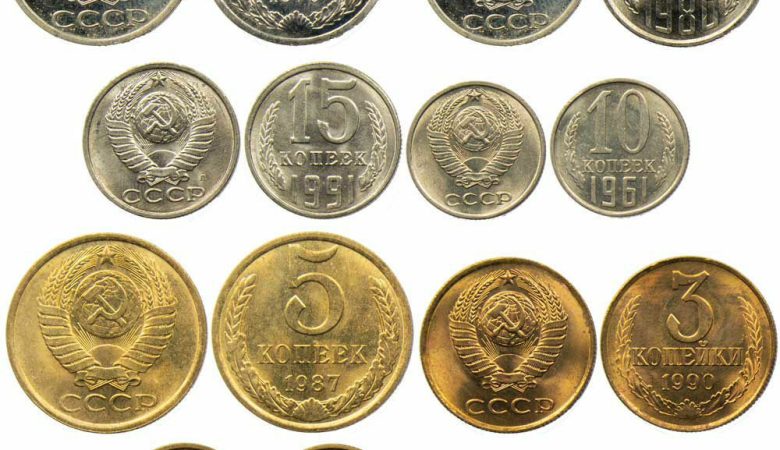what is Ancient coins:
Coins that were struck and circulated in antiquity, usually before the Middle Ages and in areas with old civilizations, are referred to as ancient coins. These coins are significant in terms of history, culture, and numismatics (the study of coin collecting). They offer insightful information about historical communities, politics, economies, and arts.
Here are some important characteristics of historic coins:
Ancient coins are significant historical artifacts that provide insight into the past of the cultures that made them. They frequently include representations of monarchs, deities, and significant occasions, serving as a visual record of the period.
These coins frequently include distinctive designs and symbols that pay homage to the time period’s culture. They may consist of images of deities, mythical animals, or architectural components.
Materials: Gold, silver, bronze, and copper were among the materials used to make ancient coins. The material utilized frequently depends on the civilization’s economic capabilities and moral framework.
Ancient coins came in a variety of sizes and denominations, with each denomination performing a different function within the economy. While some were intended for more significant trades or as memorable items, others were utilized for routine transactions.
Ages and Regions: Ancient coins come from a variety of geographical and historical locations. Roman denarii, Greek drachmas, Byzantine solidi, and Chinese spade coins are a few well-known examples.
Ancient coins have a high level of collectibility, and numismatists (coin collectors) frequently seek them out for their aesthetic and historical worth. A coin’s worth can be significantly influenced by its rarity, condition, and historical relevance.
Ancient coins must be authenticated in order to confirm their legitimacy because of their collectibility and prospective value. Experts may examine elements like weight, metal composition, inscriptions, and artistic style during this process.
regulatory Considerations: Especially when it comes to the export and import of cultural heritage artifacts, the trade and collection of ancient coins may be subject to regulatory rules and prohibitions. It is crucial that collectors are informed of and follow all applicable regulations.
Ancient coins are still a fascinating subject of research and a well-liked topic of interest for both collectors and historians. They offer a concrete connection to the past and insightful knowledge of the old world.
Ancient coins serve as a tangible link between various cultures and communities since they have historically been utilized for trade and cultural exchange across civilizations.

value and Importance:
Ancient coins are significant historically and numismatically, and their worth varies greatly depending on a number of variables. The following are some of the main features that make ancient coins valuable and significant:
Historical Importance:
Ancient coins are priceless historical relics that offer clear insights into the economy, politics, and other facets of ancient civilizations.
They serve as historical documents that aid in our understanding of the past since they frequently include images of monarchs, representations of deities, and symbols of important events.
Cultural Relevance:
The cultural and religious beliefs of the time are depicted in these coins. They might have motifs from architecture, mythological characters, or inscriptions in prehistoric languages.
They can be used to chart the development of symbolism and art throughout various cultures.
Value in Numismatics:
Ancient coin rarity, condition (grade), historical significance, and collector demand all contribute to its numismatic value.
In the numismatic market, rare coins or coins in exceptional condition can fetch significant prices.
Investment Possibilities:
Ancient coins are viewed as a possible investment by certain collectors and investors. The coin market can be influenced by a variety of variables and might vary, even if their value can increase with time.
Ancient coins are very collectable and draw aficionados from all around the world. Many ancient coin collectors focus on certain varieties, eras, or geographical areas.
Educational Importance
Coins from antiquity make excellent teaching resources. They can be used to educate ancient languages as well as history, archaeology, and art history.
Ancient coins are frequently used in displays and instructional programs at museums and educational institutions.
Maintaining Cultural Heritage:
Studying and preserving historical coins helps to safeguard cultural heritage. When coins are regarded as national treasures, attempts may be made to return them to their nations of origin.
Legal Points to Consider:
Collectors and dealers need to be aware of legal requirements, including rules governing the ownership and selling of cultural heritage items as well as export and import laws.
Verification and Scoring:
Ancient coin authentication and grading are essential procedures to establish their authenticity and state. Experts and professional numismatists are essential in this area.
Cultural Exchange :
Ancient coins serve as a tangible link between various cultures and communities since they have historically been utilized for trade and cultural exchange across civilizations.
In conclusion, ancient coins are not only priceless treasures but also windows into the past that provide fascinating insights into the history and culture of prehistoric peoples. Their worth goes beyond financial concerns and includes their legal, historical, cultural, and educational significance.





